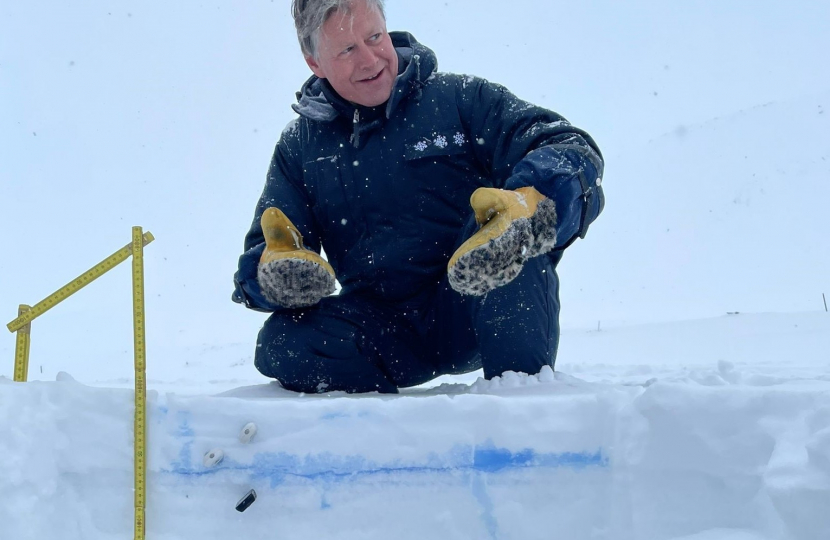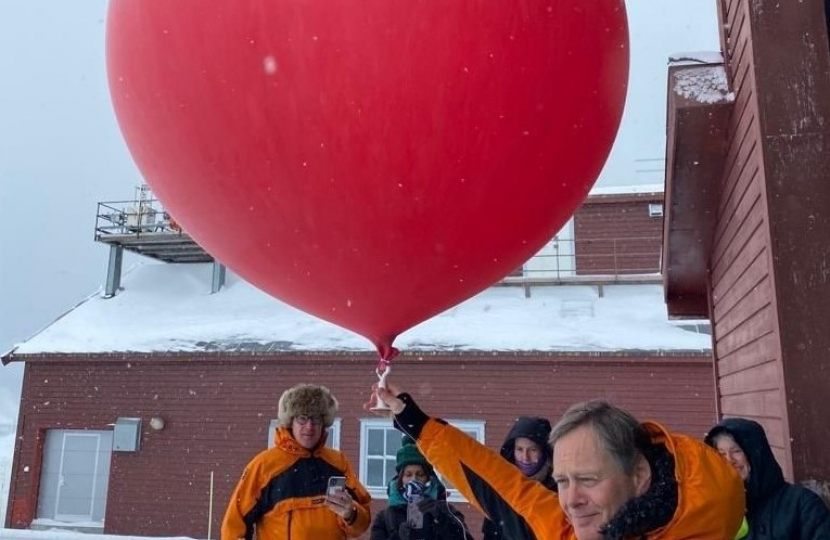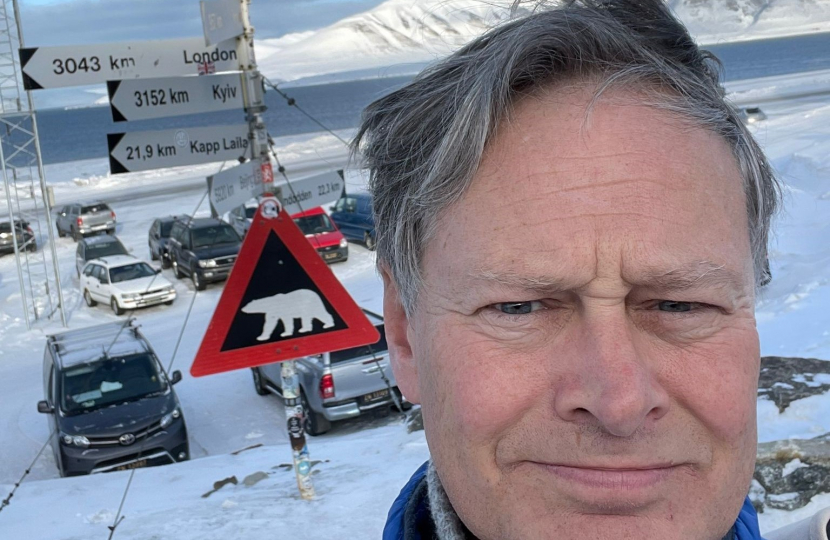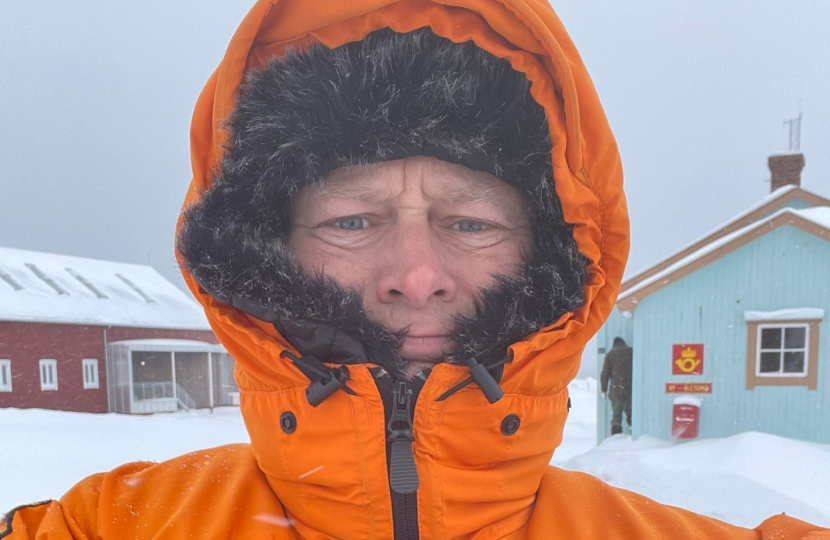Matthew has visited the Arctic as part of an inquiry by the Environmental Audit Select Committee. Travelling to the northern most civilian inhabited settlement at Ny-Alesund (78.92 N, 11.90E), Matthew visited the research centre to take part in climate change and meteorological experiments. Meetings were arranged with representatives from universities including Spain, Germany, Netherlands, France, South Korea and Italy. This was followed by further discussions with the Arctic University of Norway and the Norwegian Polar Institute. During the visit, Matthew experienced wind chill temperatures of minus 28 degrees.
The Parliamentary committee is seeking answers to questions surrounding the legitimacy of sustainable mineral exploitation; the contribution of British institutions to research, advocacy and diplomacy through the Arctic Council, NATO, IMO, UN and the G7; and the UK’s commitment to international agreements for emission reductions, safeguarding Biodiversity, CO2 and methane reductions, and the protection of the 4 million Arctic inhabitants.
Under international agreements, the Arctic is not owned by any one country but is administered through the Arctic Council, of which the UK is an observer. However, since the invasion of Ukraine the current rotational presidency, Russia, has been suspended. By failing to address the requirements of the Arctic, the region faces immediate physical threats to minerals, oil and gas, fisheries, tourism, and the maritime and commercial opportunities created by the retreating ice. The challenges are not just climate change, which affects the whole planet but also opportunities that could be sought by less responsible exploiters.
Matthew said: “Just two months ago, the UK Government published its policy paper Looking North: The UK and the Arctic. The United Kingdom’s Arctic Policy Framework.
"This outlined the commitment by the Government in this region and also highlighted the UK’s defence contribution in the High Arctic. The Arctic is not some barren wasteland but a precious landscape whose decline will have a tremendous impact upon the whole planet.
"Great interest is being shown by countries as far removed as China, India and South Korea. It is already possible to witness the retreat of huge swaths of glaciers but there are other changes, such as the migration of fish species that seek colder waters. This does not just mean fishing vessels travelling further north but drastic changes in community structures that have huge consequences for the entire ecosystem as they affect the food chain.
"The UK has a huge role to play in this region and I intend to see that our report will make tangible recommendations to the Government.”





